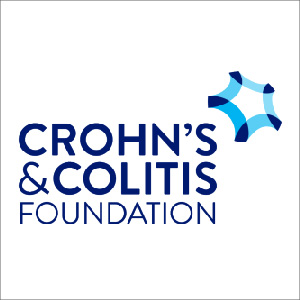
Ulcerative colitis is a chronic inflammatory disease of the large intestine, also known as the colon, that affects the lining of the intestine and results in the formation of small sores, or ulcers. Ulcerative colitis is part of a group of conditions known as inflammatory bowel disease (IBD).


Abdominal cramps and pain

Diarrhea

Rectal pain and bleeding

Fatigue

Weight loss

Loose and urgent bowel movements
For individuals showing signs and symptoms that are consistent with ulcerative colitis, doctors may perform the following tests to confirm a diagnosis:
While there is no known cure for UC, various treatment options and medications are available that can reduce signs and symptoms.
Explore the following medications that can effectively help manage UC:
In some cases, surgery may be recommended for patients with UC to help alleviate symptoms. Below, you'll find information about a few surgery options for those with UC:
These examples do not encompass all possibilities, as surgeons may do these procedures differently.
Some foods may make symptoms worse when the condition is active, but diet does not cause ulcerative colitis. Your doctor might suggest dietary changes depending on your symptoms, as well as vitamins and dietary supplements.
If you're interested in learning more about nutritional therapy for people with IBD, you can visit Nutritional Therapy for IBD Patient Pathway. This website is a resource for individuals with Crohn’s Disease and ulcerative colitis to help support healthy diet and lifestyle changes.
Learn More


More research into effective UC treatment options is critical. By taking part in research and clinical studies, you can assist other people who would benefit from advanced research and new treatments.
There are approximately 260 ulcerative colitis research studies that are actively recruiting participants. Visit Clinicaltrials.gov to find UC research studies near you.
Find an online community of fellow patients, caregivers, and advocates below as
as well as some other general resources!











